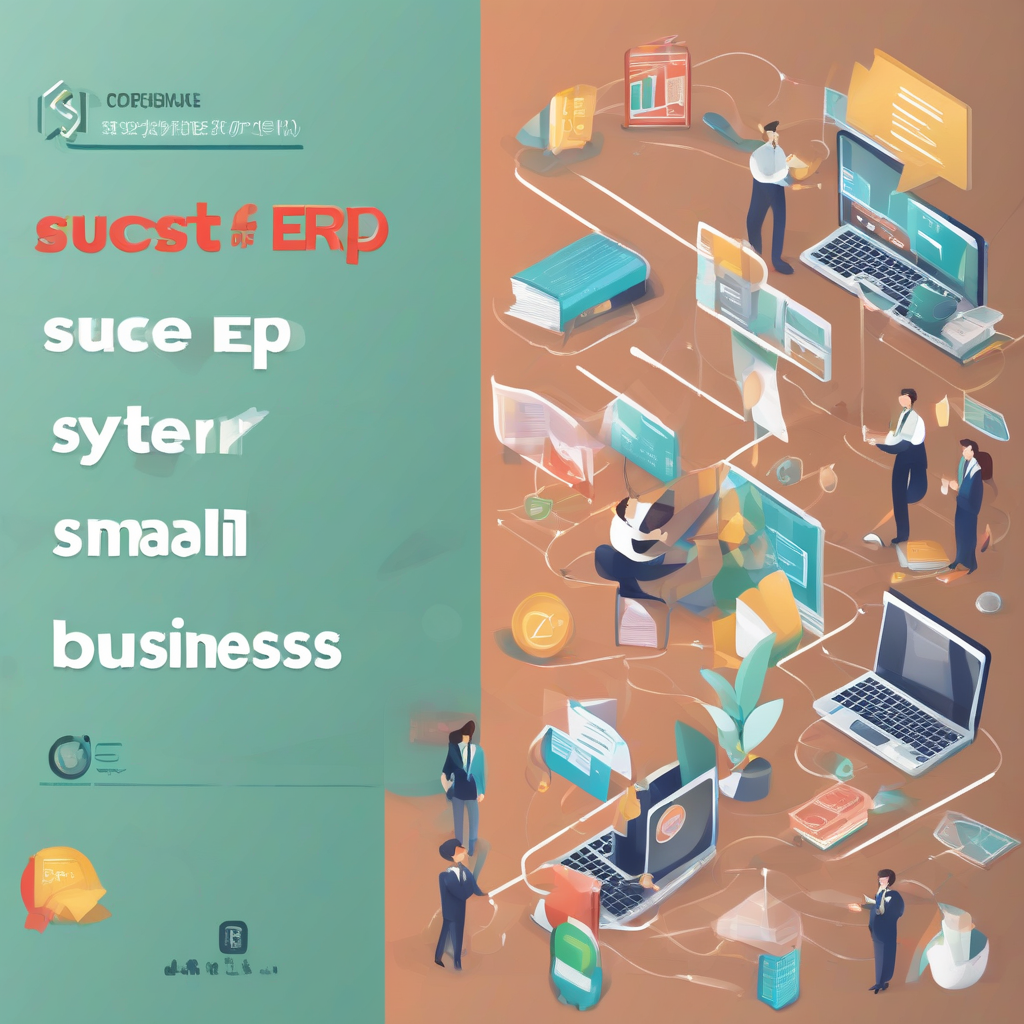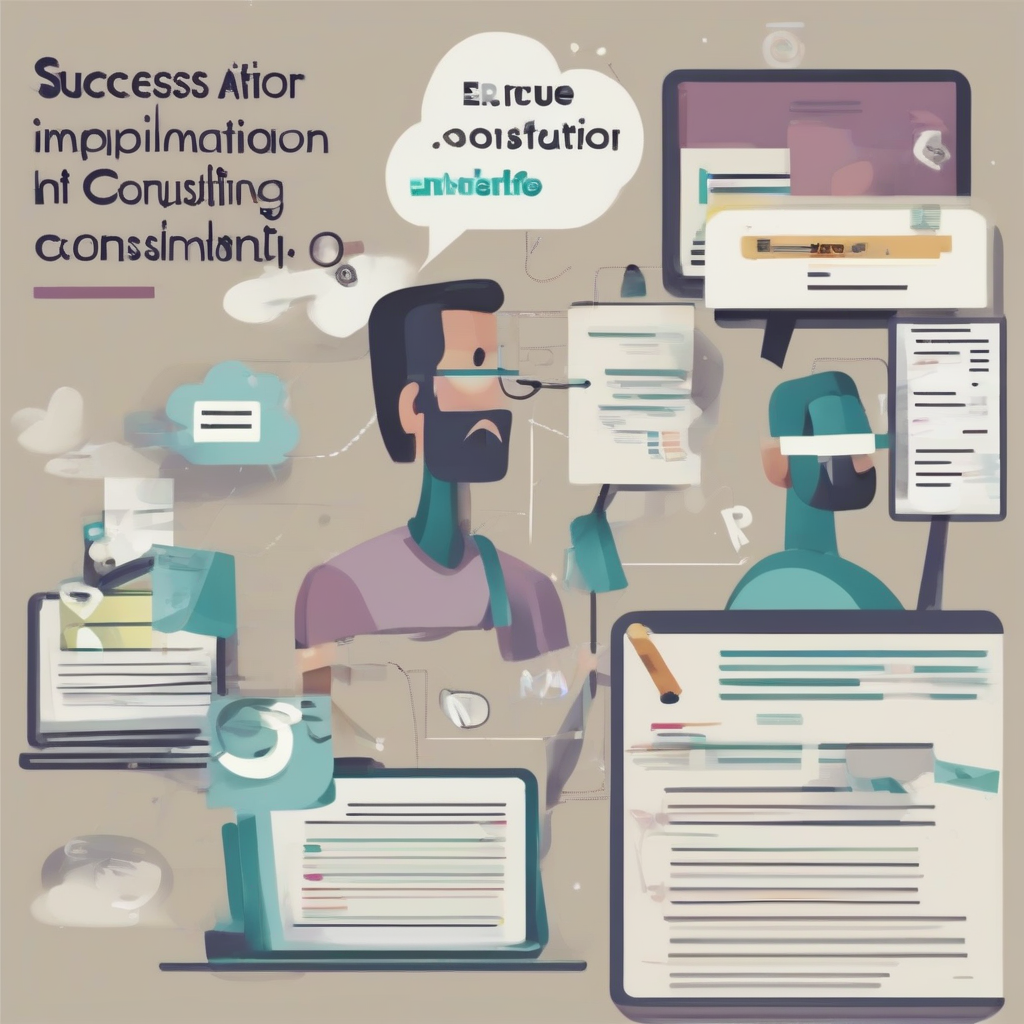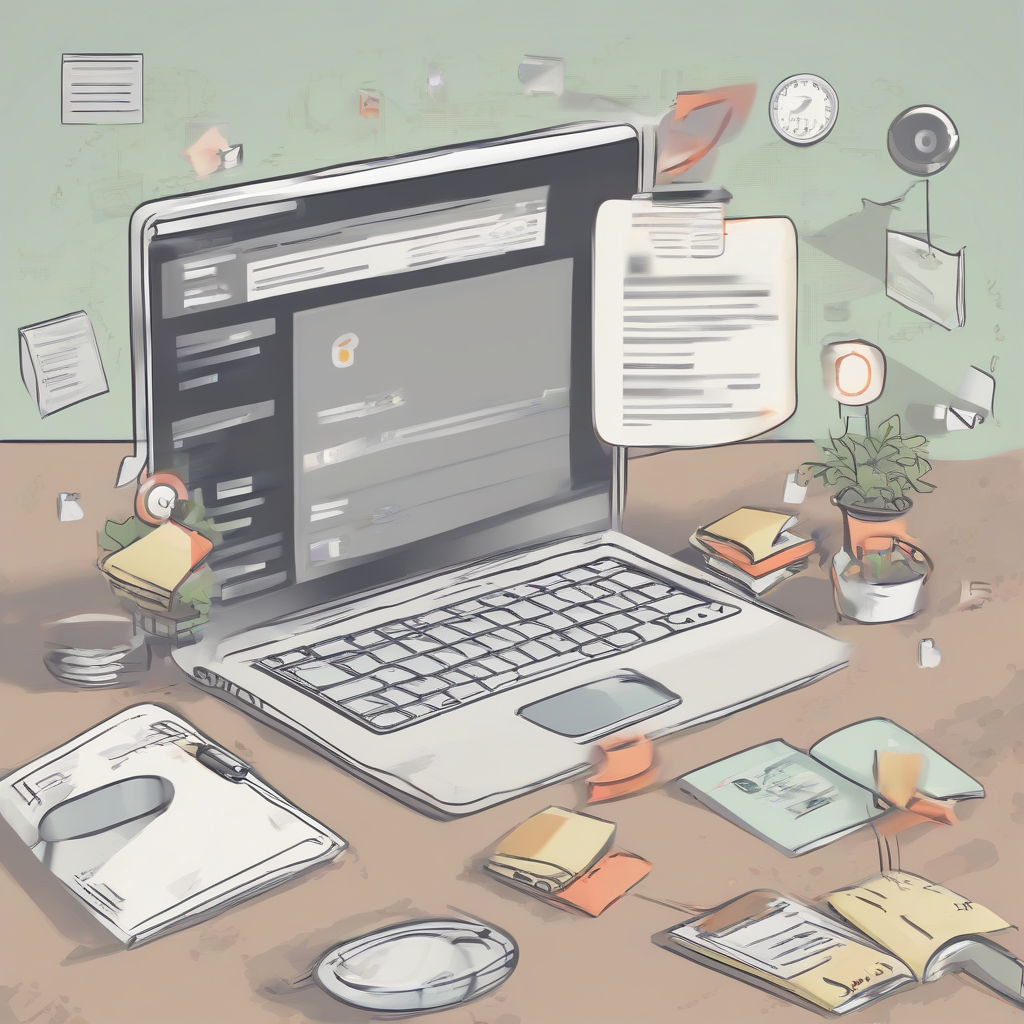ERP System Cost for Small Businesses: A Comprehensive Guide

ERP System Cost for Small Businesses: A Comprehensive Guide
An ERP system can be a valuable tool for any business, regardless of size. However, the cost of an ERP system can be a significant investment, especially for small businesses. This guide will provide a comprehensive overview of ERP system costs for small businesses, including factors that influence cost, cost breakdown, and tips for saving money.
What is an ERP System?
An ERP system (Enterprise Resource Planning) is a software solution that integrates all of a business's core functions into one central system. This includes everything from accounting and finance to inventory management and customer relationship management (CRM). By integrating these functions, ERP systems can help businesses to:
- Improve efficiency and productivity
- Reduce costs
- Make better decisions
- Improve customer satisfaction
Factors Affecting ERP System Cost for Small Businesses
The cost of an ERP system for a small business can vary widely depending on a number of factors, including:
- Business size: The number of employees and the complexity of your business operations will affect the number of modules you need and the amount of customization required.
- Industry: Different industries have different requirements for ERP systems. For example, a manufacturing company will need different modules than a retail company.
- Implementation complexity: The complexity of your business processes and the amount of data that needs to be migrated will affect the time and resources required for implementation.
- Software features: The more features and functionalities you need, the more expensive the ERP system will be. Consider features like reporting, analytics, mobile access, and integrations.
- Vendor: Different ERP vendors offer different pricing models and packages. Some vendors offer cloud-based ERP systems, which can be more affordable than on-premise systems.
- Customization: If you need to customize the ERP system to meet your specific business needs, this will add to the overall cost.
- Training and support: You will need to factor in the cost of training your employees on how to use the new system and ongoing support from the vendor.
- Hardware: If you are choosing an on-premise system, you will need to purchase hardware, including servers and workstations.
ERP System Cost Breakdown for Small Businesses
The cost of an ERP system for a small business can be broken down into the following categories:
- Software license: This is the cost of the ERP software itself. It can be a one-time purchase or a recurring subscription fee. This cost can vary based on the number of users and modules.
- Implementation: This includes the cost of consultants, training, data migration, and other services required to get the ERP system up and running. This can be a significant cost, especially for complex implementations.
- Hardware: If you are choosing an on-premise system, you will need to purchase hardware, including servers and workstations. This cost can be substantial, but it is typically a one-time expense.
- Ongoing maintenance: This includes costs for software updates, technical support, and data backup. The cost of ongoing maintenance can vary depending on the vendor and the level of support you require.
- Customization: If you need to customize the ERP system to meet your specific business needs, this will add to the overall cost.
Tips for Saving Money on ERP System Costs
There are a number of ways to save money on ERP system costs for small businesses, including:
- Consider cloud-based ERP solutions: Cloud-based ERP systems can be more affordable than on-premise systems. You don't need to invest in hardware, and you can pay a monthly subscription fee. This also eliminates the need for ongoing maintenance and support costs.
- Choose an ERP system that is tailored for small businesses: There are several ERP systems available specifically designed for small businesses. These systems are typically more affordable and easier to implement.
- Negotiate with the vendor: Don't be afraid to negotiate with the ERP vendor to get the best possible price. You may be able to negotiate a discount on the software license or implementation services.
- Minimize customization: The more you customize the ERP system, the more expensive it will be. Try to choose a system that meets your needs without requiring extensive customization.
- Train your employees effectively: Investing in employee training can help to reduce the amount of support you need from the vendor. It also ensures employees are proficient with the system, leading to higher productivity.
Conclusion
The cost of an ERP system for a small business can be a significant investment. However, it is an investment that can pay off in the long run by improving efficiency, reducing costs, and enabling better decision-making. By carefully considering the factors that affect cost, understanding the cost breakdown, and implementing cost-saving strategies, small businesses can choose an ERP system that meets their needs and fits their budget.
What's Your Reaction?

















